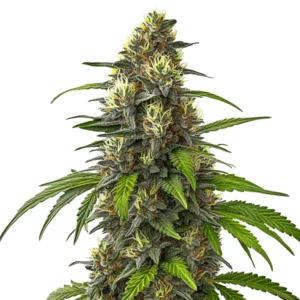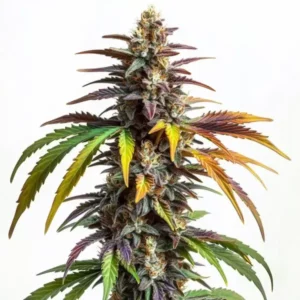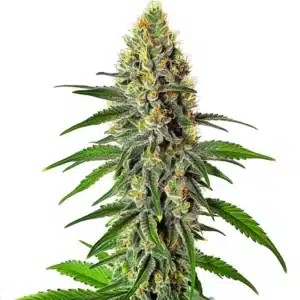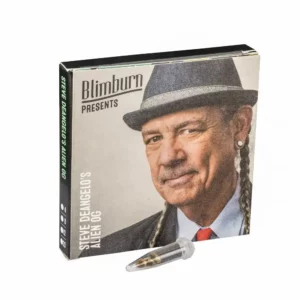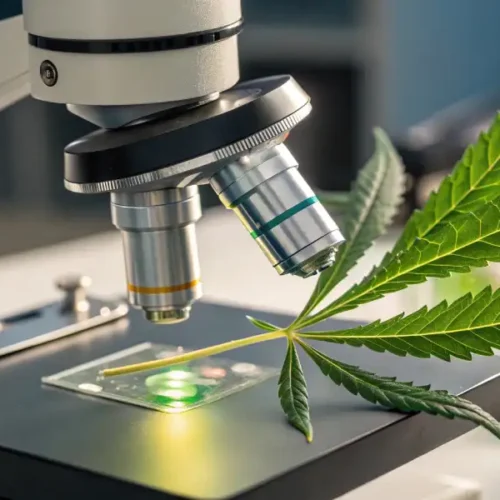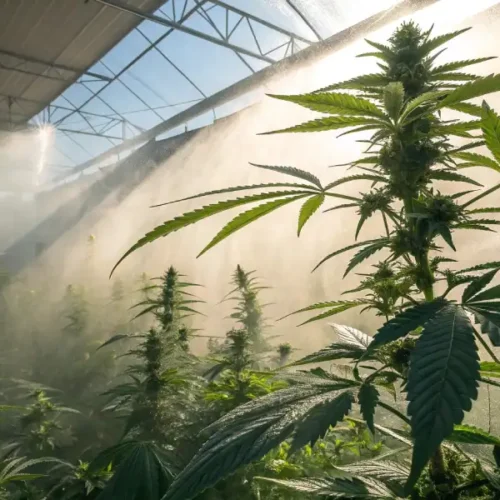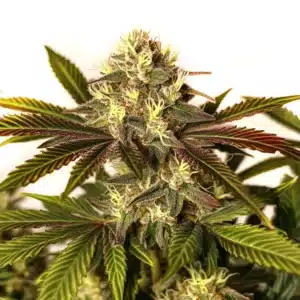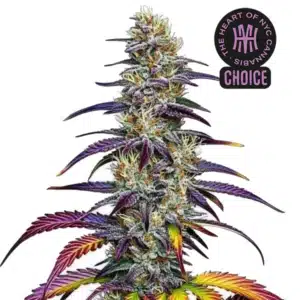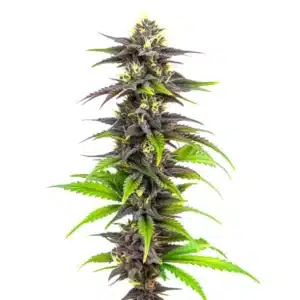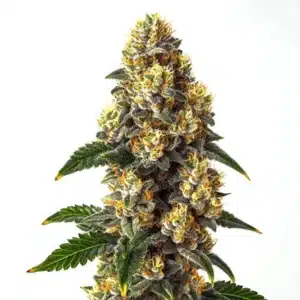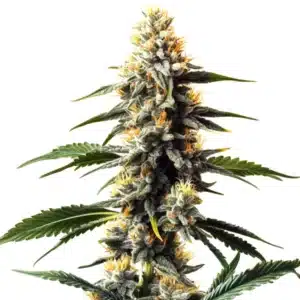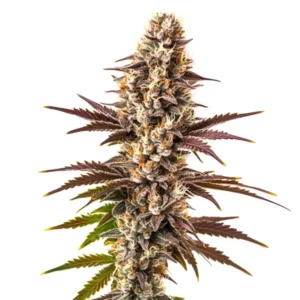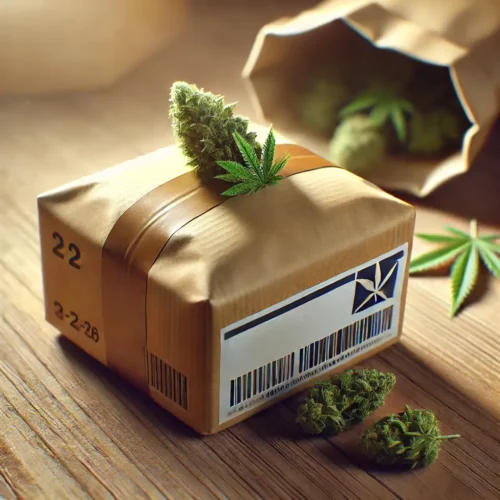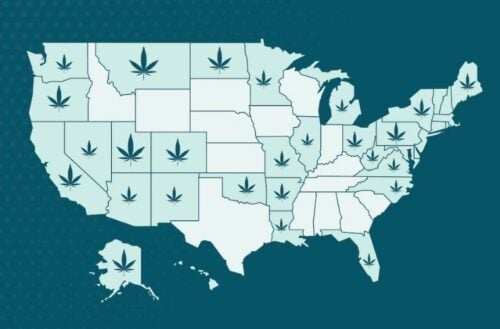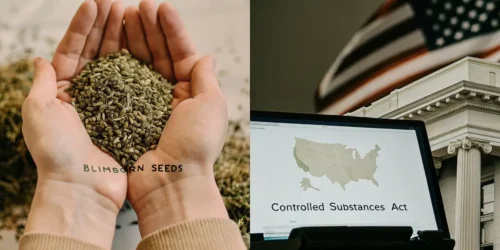Current Legal Landscape in North Korea
Official Cannabis Regulations
Cannabis in North Korea remains a gray area, with no clear-cut legal status. Some sources suggest that marijuana is illegal and punishable, while others argue that there are no specific laws addressing its use or that any existing rules are rarely enforced. Despite this legal ambiguity, North Korea is known to have a long-standing connection to the illicit drug trade, including the production, distribution, and trafficking of various substances.
North Korea’s drug statutes ban all activities involving cannabis, placing the plant alongside substances like methamphetamine and heroin. Legislators classify cannabis under Schedule I equivalents, meaning they deem it to have no accepted medical value and a high potential for abuse. The government prohibits cultivation, distribution, sale and possession for any purpose, including research or industrial hemp. Authorities also refuse to register any licensed growers or distributors, cutting off legal channels entirely.
Enforcement teams patrol agricultural zones, transport routes and urban areas to spot illicit crops. Once officers seize plants, they incinerate them on the spot and escort suspects to detention centers. The Ministry of People’s Security collaborates with provincial committees to share intelligence and coordinate raids. Additionally, training programs for border guards emphasize drug interdiction techniques to curb smuggling from China.
Government Stance and Policy
Leaders frame drug control as a cornerstone of national security and moral integrity. They assert that zero tolerance upholds public health and social harmony under Juche ideology. State media broadcast documentaries that depict drug use as a Western corruption aiming to destabilize pure socialist values. By equating substance abuse with ideological betrayal, officials cultivate a climate of fear.
Planning committees hold regular workshops for local cadres, instructing them to report any suspicious behavior. They integrate anti‑drug education into school curricula and political training sessions. At all levels, authorities stress that cracking down on drugs safeguards citizens and protects the state from external threats. This unified message leaves little room for debate or alternative approaches.
Documented Legal Cases
Because North Korea releases few judicial records, analysts rely on human‑rights organizations and defector testimonies to piece together case data. Reports from NGOs note dozens of arrests each year for drug‑related offenses, though they seldom specify the substances involved. Observers infer that a fraction of these cases relate to cannabis, given its inclusion in the banned list.
Defectors recount closed‑door trials where judges hand down sentences ranging from months in labor camps to multiple years of forced labor. Witnesses describe tense interrogations aimed at extracting confessions. In some accounts, families of accused growers receive house arrests. Despite these insights, researchers still lack comprehensive statistics on conviction rates or average sentencing lengths.
Promos & Deals
Historical Perspective on Cannabis Laws
Evolution of Legislation in North Korea
North Korea first adopted comprehensive drug controls in the 1950s under Soviet guidance, outlawing opiates and stimulants. Officials later added cannabis explicitly in the 1970s while aligning domestic law with United Nations drug conventions. Each legislative update broadened enforcement authorities and increased penalties, reflecting global trends toward strict prohibition.
During the 1980s, lawmakers inserted detailed definitions of “illicit substances” into criminal codes to close loopholes. They empowered police forces with search warrants and asset‑forfeiture powers. As international pressure mounted throughout the 1990s, North Korea signaled compliance by tightening schedules and ratifying additional treaties, yet it maintained its uncompromising stance on cultivation and use.
Societal and Cultural Influences
Communal values prize collective well‑being over individual choice, so citizens typically shun any behavior that might tarnish the group. Local party cells enforce drug‑free policies through neighborhood watch programs and public shaming ceremonies. Lecturers present drug use as moral decay threatening social solidarity.
Traditionally, villagers cultivated hemp for textiles, rope and paper rather than consumption. Cooperative farms allocated fiber harvests to state‑run mills. Educational materials highlighted the plant’s industrial role, not its buds. Over decades, these messages cemented a practical, work‑oriented view of hemp, leaving recreational use virtually unknown.
Historical Usage Patterns
Archaeological studies show that Koreans used hemp fiber centuries ago to weave clothing and sails. Artisans processed stalks in communal workshops, praising durability and versatility. Those early practices emphasized utilitarian uses, with no evidence of psychoactive consumption.
Modern government manuals continued to promote hemp as an industrial crop throughout the Cold War era. The state distributed seeds and technical guidance to collective farms. They never permitted farmers to reserve a portion of the crop for personal use, ensuring that hemp remained an exclusively resource‑driven commodity.
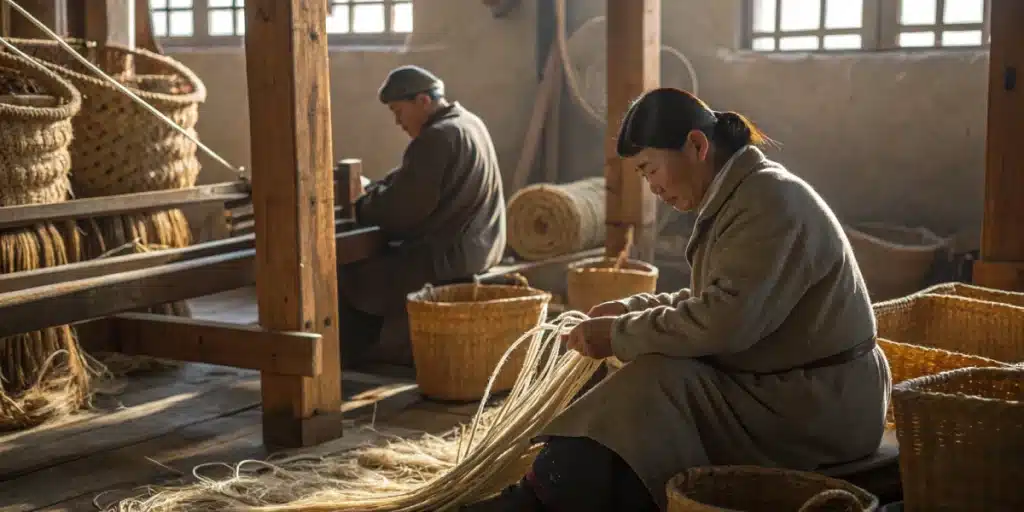
Comparison with Other Regions
Cannabis Laws in Similar Countries
China enforces zero tolerance, classifying cannabis as a controlled narcotic with serious prison terms even for minor possession. Officials conduct public burnings of seized plants to deter potential offenders. Likewise, Vietnam retains harsh sentences for users and traffickers, often with no distinction between small‑scale and large‑scale operations.
Laos and Myanmar launch annual eradication campaigns, targeting border plantations and logging suspects into forced labor. Both governments rarely offer rehabilitation, instead viewing drug enforcement as a law‑and‑order issue. These policies mirror North Korea’s uncompromising approach, where authorities focus on suppression rather than treatment or regulation.
Contrasting Policies and Enforcement
Canada and Uruguay regulate recreational cannabis through government‑issued licenses, age restrictions and strict quality standards. They track crop yields, monitor testing labs and enforce labeling rules to safeguard consumers. Rather than arrest users, they channel efforts into public education, addiction services and research.
Many U.S. states tax retail sales to fund schools and healthcare programs. Regulators emphasize responsible use, launching awareness campaigns on dosage and safety. Policymakers adjust limits based on consumption data and community feedback, allowing lawmakers to refine laws without resorting to criminal penalties.
Lessons Learned from Global Perspectives
Strict prohibition may shrink visible use but often drives commerce underground, reducing product safety and eroding state authority through corruption. When governments block legal channels, organized crime steps in, and consumers face unregulated products. Tax revenue disappears while enforcement costs climb.
By contrast, regulated systems generate funds for public health and harm‑reduction initiatives. They reduce stigma, encourage research into medical applications and free law‑enforcement resources for violent crime. North Korea could benefit from hybrid models that combine targeted restrictions with community outreach and education programs.
Analysis of Media and Public Perception
Common Myths vs. Facts
Rumors sometimes claim that weed is legal in north korea, but no credible evidence supports that notion. Those myths often arise from confusion over rural hemp production for fiber. Fact‑checkers urge readers to consult government documents and verified defector reports before accepting sensational claims.
Social‑media posts may amplify hearsay without context, inflating the idea that North Korea tolerates recreational use. Analysts recommend pausing before sharing unverified stories and cross‑referencing multiple trusted sources. A critical eye helps readers separate rumor from reality in a landscape filled with propaganda.
International Media Coverage
Some foreign outlets spotlight alleged cannabis hubs near the Chinese border, citing unverified photos and anonymous tips. Tabloids sometimes dramatize these accounts to grab attention. In contrast, in‑depth journalists highlight the lack of firm data and place drug policy within broader human‑rights narratives.
Reputable publications like the BBC and Reuters remind readers that most information stems from defectors or NGO summaries, which leave gaps. They contextualize drug enforcement alongside food shortages and economic sanctions. That balanced coverage steers audiences away from one‑dimensional sensationalism.
Public Opinion and Misinformation
Inside North Korea, citizens hear only the official narrative: drug use equals betrayal of socialist principles. Propaganda films and posters warn against “alien vices,” reinforcing compliance through fear. Without alternative viewpoints, residents rarely question the state’s messaging.
Meanwhile, international observers often fill information voids with speculation, breeding a feedback loop of rumor and refutation. Experts caution that without transparent legal records, any claims about cannabis policy remain tentative. They advise treating each report as a piece of a larger puzzle rather than definitive proof.
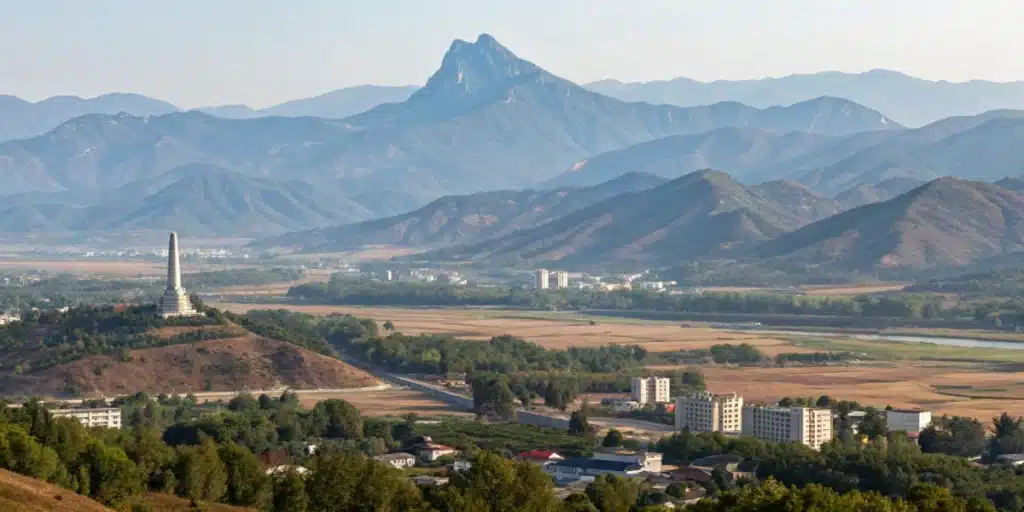
FAQs about weed is legal in North Korea
Is cannabis actually legal in North Korea?
No. North Korea enforces a total ban on cannabis under its drug statutes. Authorities consider it as harmful as other hard drugs, and they prosecute cultivation, sale and possession with severe punishments.
How does the government regulate cannabis use?
State security teams patrol farms, checkpoints and transit routes regularly. They destroy any plants they find and detain suspects immediately. The Ministry of People’s Security leads investigations and organizes community‑level enforcement.
What evidence supports current legal practices in North Korea?
Human‑rights organizations and defector interviews supply the primary evidence, detailing arrests, interrogations and labor‑camp sentences. Though official court documents seldom appear, NGO reports document consistent patterns of drug enforcement.

